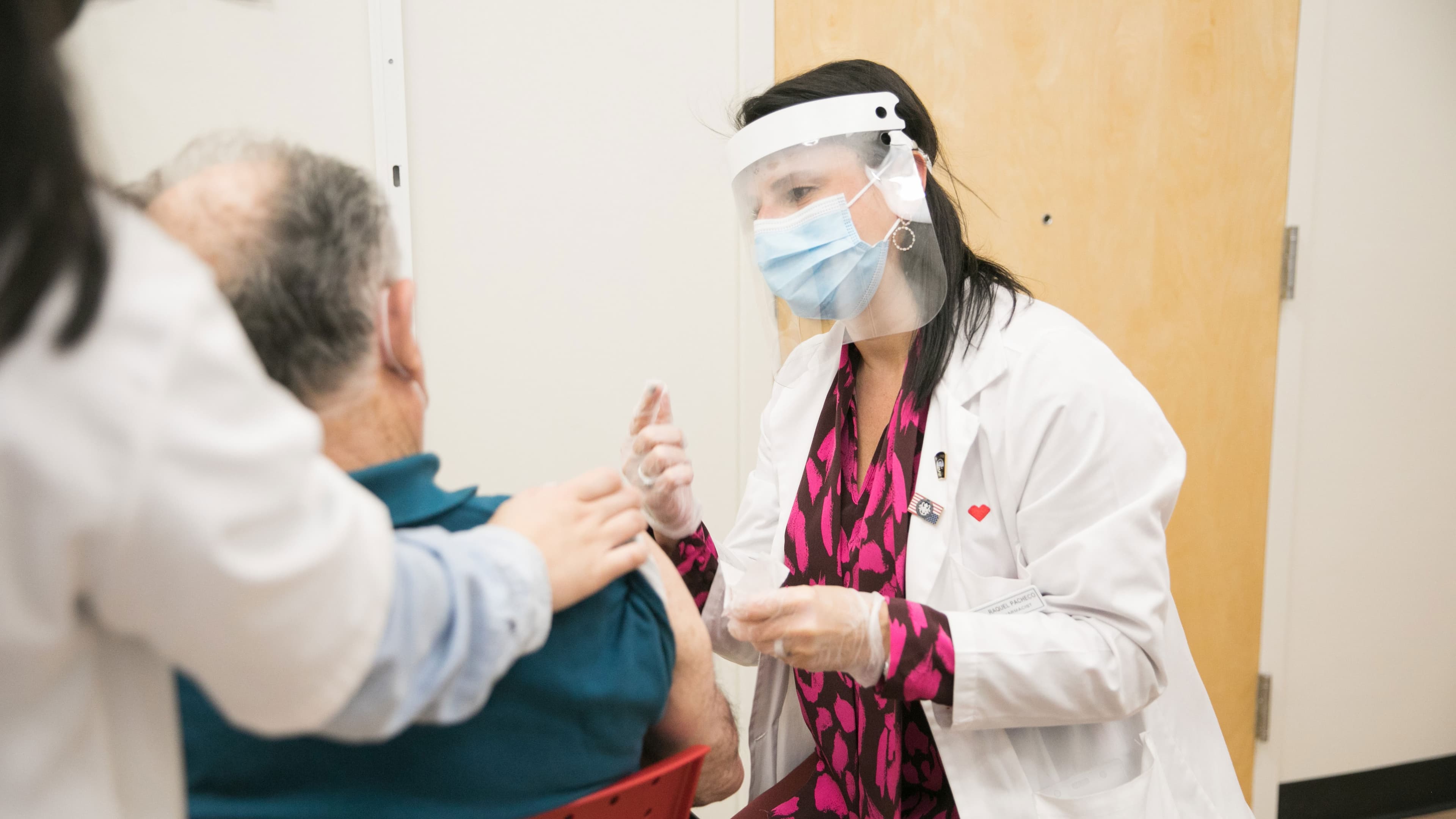CVS COVID-19 Vaccine Access Restricted in 16 States Following Federal Policy Shifts

Naples, Florida – A senior woman in Naples, Florida, reported that her local CVS pharmacy informed her a prescription is now required to receive a COVID-19 vaccine, highlighting widespread confusion and restricted access to the shots. This incident comes amidst significant changes to federal vaccine guidelines, which have led major pharmacy chains like CVS and Walgreens to implement varying access policies across states.
The woman's experience, shared by X user Laura Rozen, reflects a broader issue impacting vaccine availability. Rozen's tweet stated, "Senior woman on NPR in Naples Florida said her CVS told her she needs a prescription to get covid vaccine." The tweet further criticized Health and Human Services (HHS) Secretary Robert F. Kennedy Jr., asserting, "RFK Jr really has to go. All the deaths will be on RFK Jr and the Senators who confirmed him and on Trump for putting that lunatic in position to kill so many.
CVS has confirmed that due to the "current regulatory environment," COVID-19 vaccinations are now available without a prescription in 34 states. However, in 13 states and the District of Columbia, including Florida, a prescription from an authorized prescriber is now mandatory. Furthermore, CVS has completely halted COVID-19 vaccination services in Massachusetts, Nevada, and New Mexico, citing state laws and regulations. These changes follow the Food and Drug Administration's (FDA) decision to end emergency use authorizations for COVID-19 vaccines for the general public, limiting eligibility primarily to individuals aged 65 and older or those aged 6 months to 64 with underlying health conditions.
HHS Secretary Robert F. Kennedy Jr. has been a central figure in these policy shifts. Appointed by former President Donald Trump, Kennedy's tenure has been marked by controversy, particularly concerning his views on vaccines and public health. His administration has advocated for a "risk-based vaccine strategy," which he claims aligns with international public health approaches. Critics, however, argue that these abrupt changes and the narrowing of vaccine eligibility will hinder access, especially as new COVID-19 variants, such as the "stratus" variant, cause a resurgence in cases.
The new federal guidelines have created significant hurdles for many Americans seeking vaccination. While older adults and those with qualifying health conditions remain eligible, healthy individuals under 65 now face additional steps, including obtaining a doctor's prescription, which could deter many due to added complexity, cost, or confusion. The Centers for Disease Control and Prevention's (CDC) Advisory Committee on Immunization Practices (ACIP) is expected to meet in mid-September to clarify eligibility and guidance, which may influence future state policies and insurance coverage decisions.